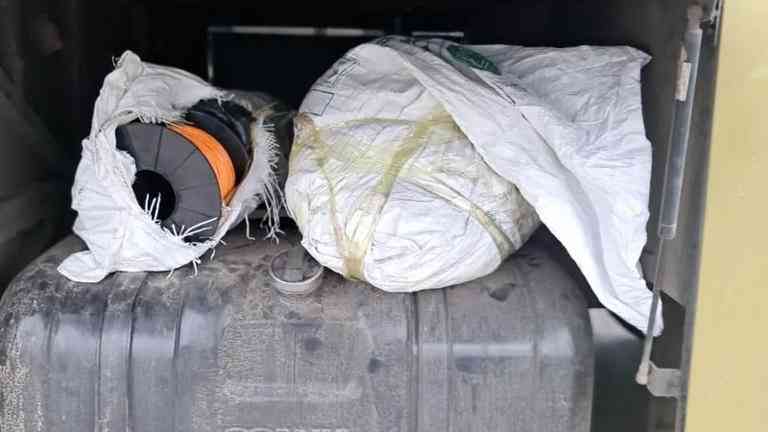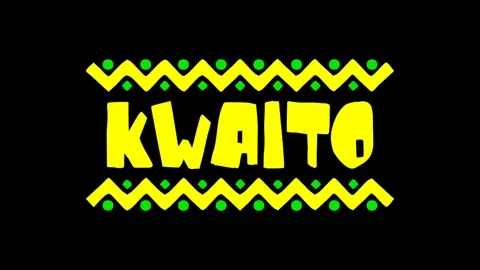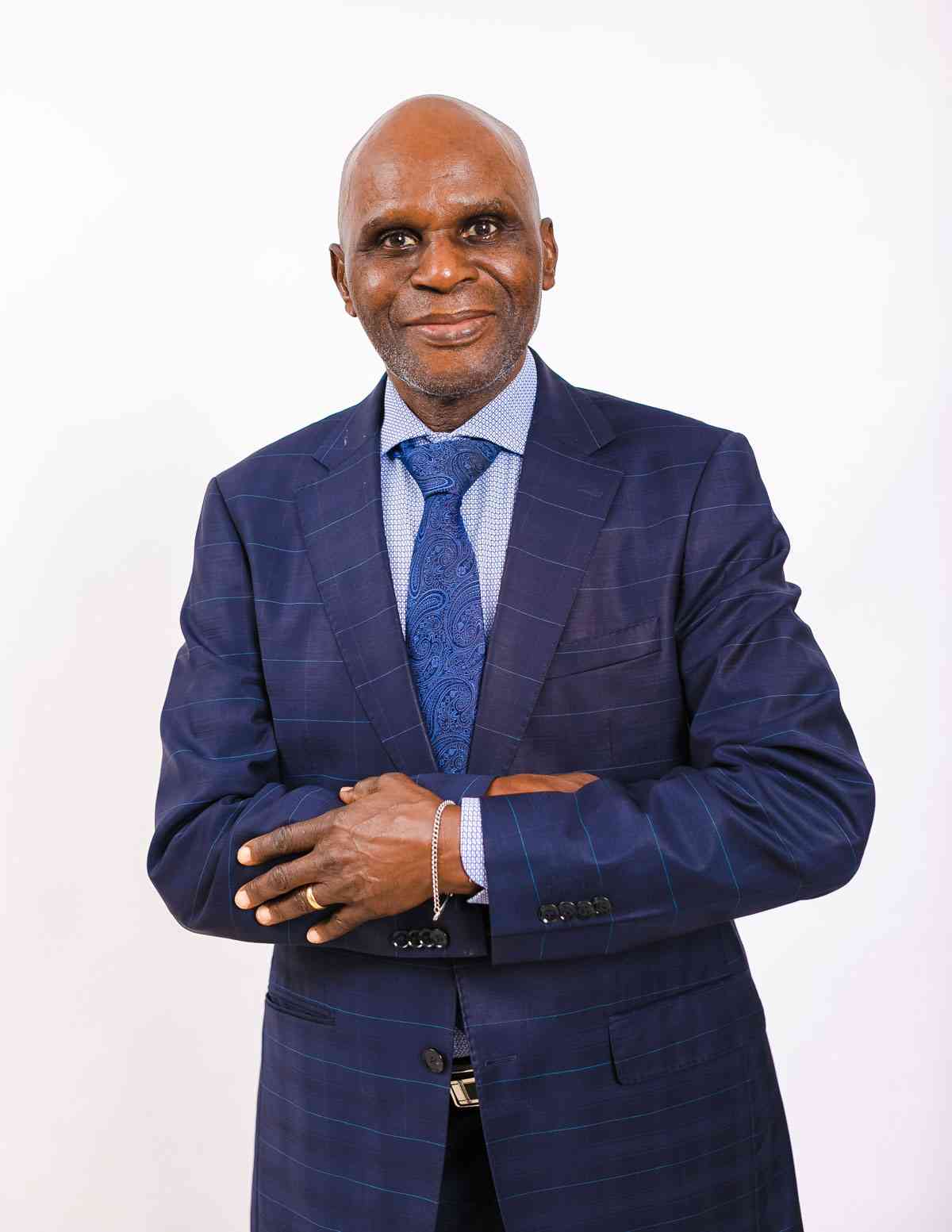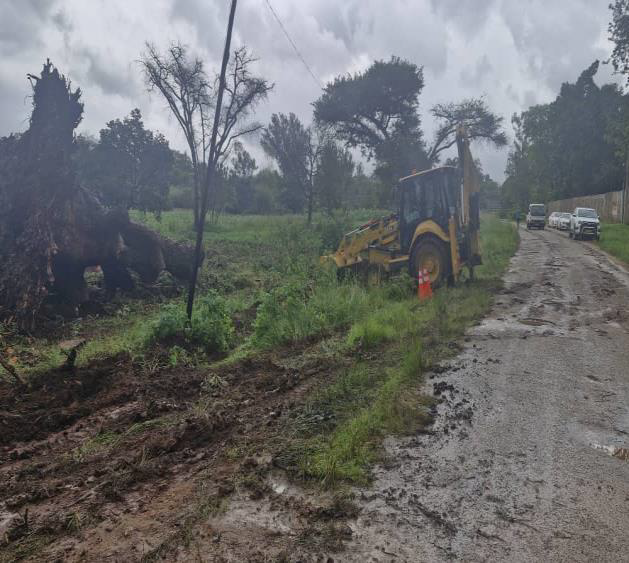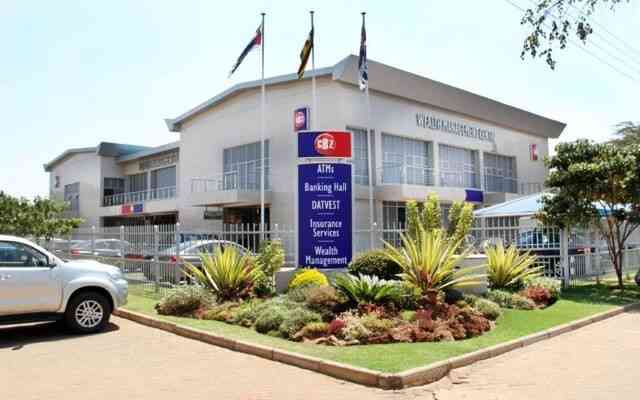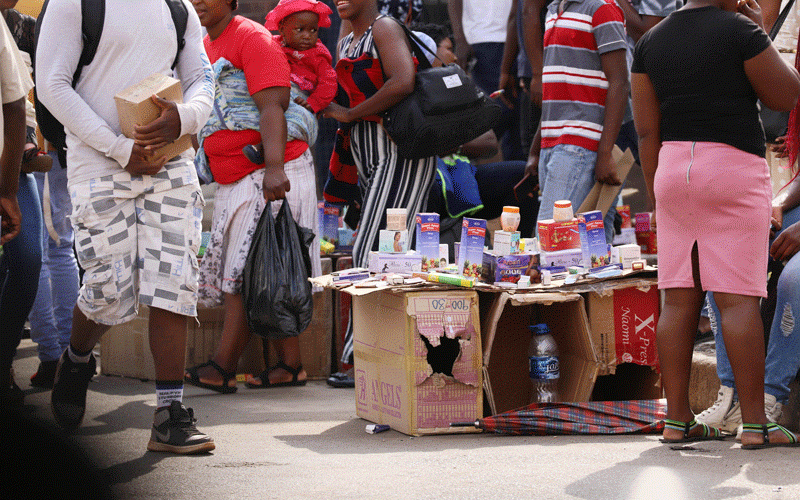
THE Youth Empowerment and Development ministry in partnership with Silveira House and the University of Zimbabwe (UZ) are developing a five-year strategy to fight drug abuse anchored on demand reduction.
This emerged at a strategic planning event held in Harare on Wednesday, where director for strategic policy planning, monitoring and evaluation in the ministry, Blazio Manobo, said the strategy would guide the national response plan to increasing cases of drug abuse.
“We plan to implement strategies for drug and substance abuse reduction between now and 2028, including a demand reduction policy and conducting a national survey on the impacts, prevalence, and challenges of drug and substance abuse,” Manobo.
He said the strategy was informed by a survey the ministry conducted in partnership with Silveira House recently.
“We are aware several researches have taken place, but none are so far concentrated on the demand reduction for drug and substance abuse among young people is planned, with a focus on specific strategies and awareness campaigns aimed at educating parents on parental skills, following a workshop on developing such strategies,” Manobo added.
The survey on substance usage in Zimbabwe focused on marijuana (mbanje), illicit alcohol (mutoriro) and crystal meth (dombo).
Silveira House project co-ordinator Alois Madhekeni said drug and substance abuse was on the rise and more prevalent in urban areas.
“We found out that those taking drugs are likely to be men, youth and are found in urban areas. The abuse does not seem to have anything to do with the level of education. They are mostly unemployed,” Madhekeni said.
- Tiger gets comeback underway with opening par at Masters
- Restoring Family Links boon for migrants
- Red Cross honours volunteers
- Restoring Family Links boon for migrants
Keep Reading
“The key findings indicate that prevalence of drug abuse is at 37% or one in every four people is taking drugs among young people below the age of 35. The most commonly abused drugs and substances are marijuana and illicit alcohol.”
According to reports, psychiatric units at Harare’s Sally Mugabe Central Hospital, Parirenyatwa Group of Hospitals and Ingutsheni in Bulaweyo have been swamped by an increasing number of drug patients.
However, Madhekeni said sending drug abusers to mental health institutions was not the answer.
“Sending drug users to mental health institutions is not the best way to help them hence there is a need for the establishment of drop-in centres where drug reduction services would be offered,” he said.
“Peer pressure, breakdown of the family support system, limited knowledge about the effects of drug abuse and stress were identified as the major factors that drive substance and drug abuse among the youth. The criminalisation of drug and substance abuse continues to make it difficult for young people to seek help when they suffer from the effects of drug abuse.”
According to a 2021 World Health Organisation report, Mental Health Among Young People in the African Region, Zimbabwe has one of the highest rates on the continent of binge drinking and drug abuse among youths aged 15 to 19.
In April this year, Cabinet established the National Committee on Drug and Substance Abuse to heighten the battle against supply of illicit drugs and substances, mostly blamed on rich and politically-connected individuals.

